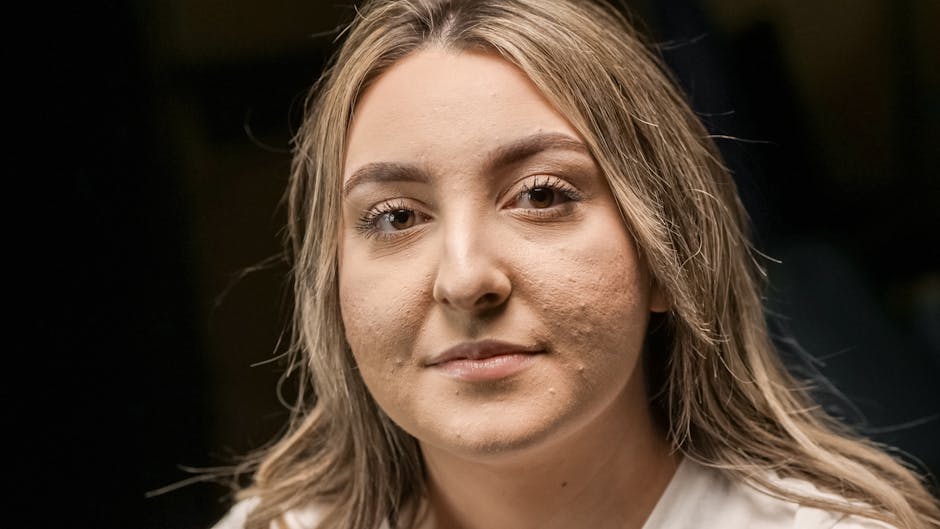If you're struggling with acne, you're not alone. Acne is a common skin condition that affects millions of people worldwide. It can be frustrating and embarrassing, but it's important to know that acne is treatable. In this blog post, we will provide you with a comprehensive guide on how to cure acne. We will discuss the causes of acne, the different types of acne, and the most effective treatments.
**Understanding Acne**
Acne is a skin condition that occurs when the hair follicles become clogged with oil and dead skin cells. This can lead to the formation of pimples, blackheads, and whiteheads. Acne is most common in teenagers and young adults, but it can affect people of all ages.
There are a number of factors that can contribute to the development of acne, including:
* **Hormonal changes:** Acne is often triggered by hormonal changes that occur during puberty. These changes can lead to an increase in oil production, which can clog the hair follicles.
* **Genetics:** Acne tends to run in families. If you have a family history of acne, you are more likely to develop the condition.
* **Diet:** Some studies have shown that eating a diet high in sugary and processed foods can increase the risk of acne.
* **Stress:** Stress can trigger acne breakouts in some people.
**Types of Acne**
There are a number of different types of acne, including:
* **Comedonal acne:** This is the most common type of acne. It is characterized by the formation of blackheads and whiteheads.
* **Papulopustular acne:** This type of acne is characterized by the formation of small, red bumps that may or may not contain pus.
* **Nodular acne:** This is a more severe type of acne that is characterized by the formation of large, painful nodules.
* **Cystic acne:** This is the most severe type of acne. It is characterized by the formation of large, pus-filled cysts.
**Treating Acne**
There are a number of different treatments for acne, depending on the severity of the condition. Some of the most common treatments include:
* **Topical treatments:** These are applied directly to the skin to help kill bacteria, reduce inflammation, and unclog pores. Topical treatments include benzoyl peroxide, salicylic acid, and retinoids.
* **Oral medications:** These are taken by mouth to help reduce inflammation and kill bacteria. Oral medications include antibiotics, isotretinoin, and spironolactone.
* **Light therapy:** This involves using light to kill bacteria and reduce inflammation. Light therapy is often used in combination with other treatments.
* **Lifestyle changes:** There are a number of lifestyle changes that can help to improve acne, such as eating a healthy diet, getting regular exercise, and reducing stress.
**How to Prevent Acne**
There is no surefire way to prevent acne, but there are a number of things you can do to reduce your risk of developing the condition, including:
* **Wash your face twice a day with a gentle cleanser.**
* **Avoid touching your face.**
* **Change your pillowcase frequently.**
* **Eat a healthy diet.**
* **Get regular exercise.**
* **Reduce stress.**
If you are struggling with acne, it is important to see a dermatologist for evaluation and treatment. A dermatologist can help you determine the cause of your acne and recommend the best course of treatment.

